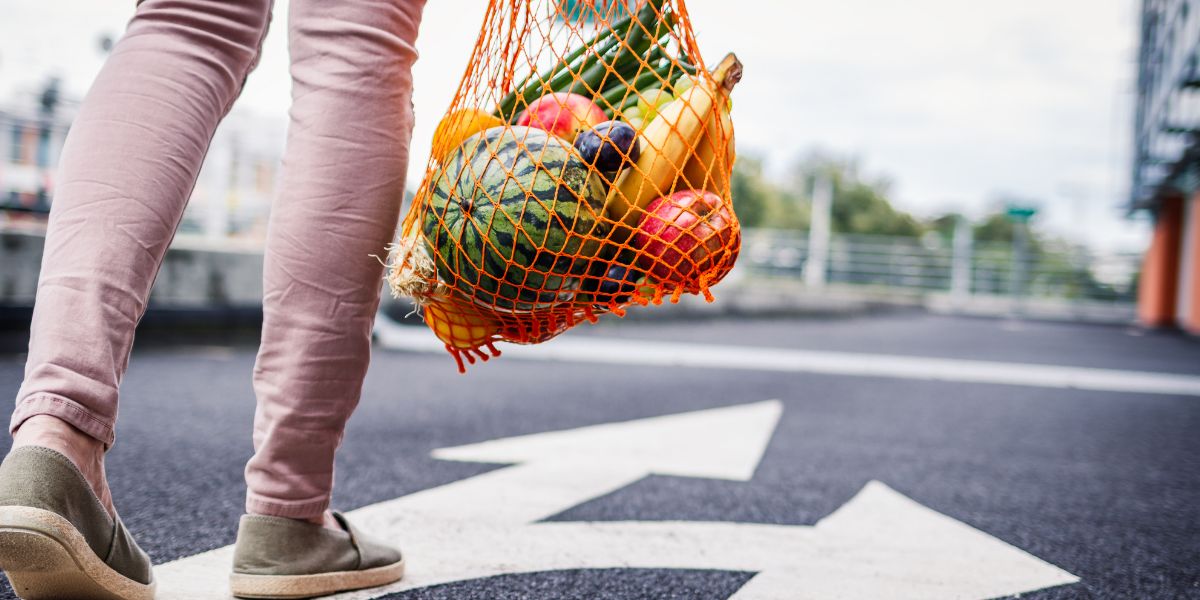The coronavirus can live on some supermarket shelves for several days, according to a new research study.
Academics from the Food Standards Agency (FSA) have found that COVID-19 can live on certain food items for days.
They discovered that the virus was more contagious on groceries that made direct contact to someone’s mouth, such as fruit and bottled drinks.
- Labelling food with the amount of exercise needed to burn off the calories has little impact
- Bad eating habits during adolescence triggered by ultra-processed foods, study claims
“Foods and packaging considered as part of this study were artificially inoculated with Sars-Cov-2 and therefore are not a reflection of contamination levels found on these foods at retail, and lower levels of contamination will require less time to decline to undetectable levels,” said the results.
According to the findings, the coronavirus can stay infectious on some groceries for up to seven days.
However, on most groceries it dies within a day of infection, the research study has demonstrated.
The scientists said: “For a highly infectious agent such as Sars-Cov-2, which can be transmitted through touching contaminated surfaces and then the face, these findings are highly noteworthy.
“The public may be interested in the finding that virus may persist in an infectious state, on foods and food packaging surfaces, for several days under certain common conditions.”
Experts are now urging customers to wash their hands thoroughly before touching food as this will help kill any signs of the virus.
- High intake of ultra-processed foods linked to ‘increased risk’ of colorectal cancer in men
- Anxiety triggered by ultra-processed foods, research reports
During the study, the team of researchers contaminated a range of foods with the coronavirus to assess how long it survived on each product.
They found that COVID-19 survives on broccoli and raspberries more than apples and peppers because it is more infectious on uneven surfaces.
In addition, they discovered that the virus can live on plastic packaging and colds meats and cheese for up to seven days.
Meanwhile, the virus quickly breaks down on pastries due to them being coated in eggs, the study has reported.
Anthony Wilson, microbiological risk assessment team leader at the FSA, noted: “In the early stages of the pandemic, we didn’t know much about how the virus would survive on different food surfaces and packaging, so the risk assessment was based on a worst-case assumption.
“This research gives us additional insight into the stability of coronavirus on the surfaces of a variety of foods and confirms that assumptions we made in the early stages of the pandemic were appropriate, and that the probability that you can catch COVID via food is very low.”




